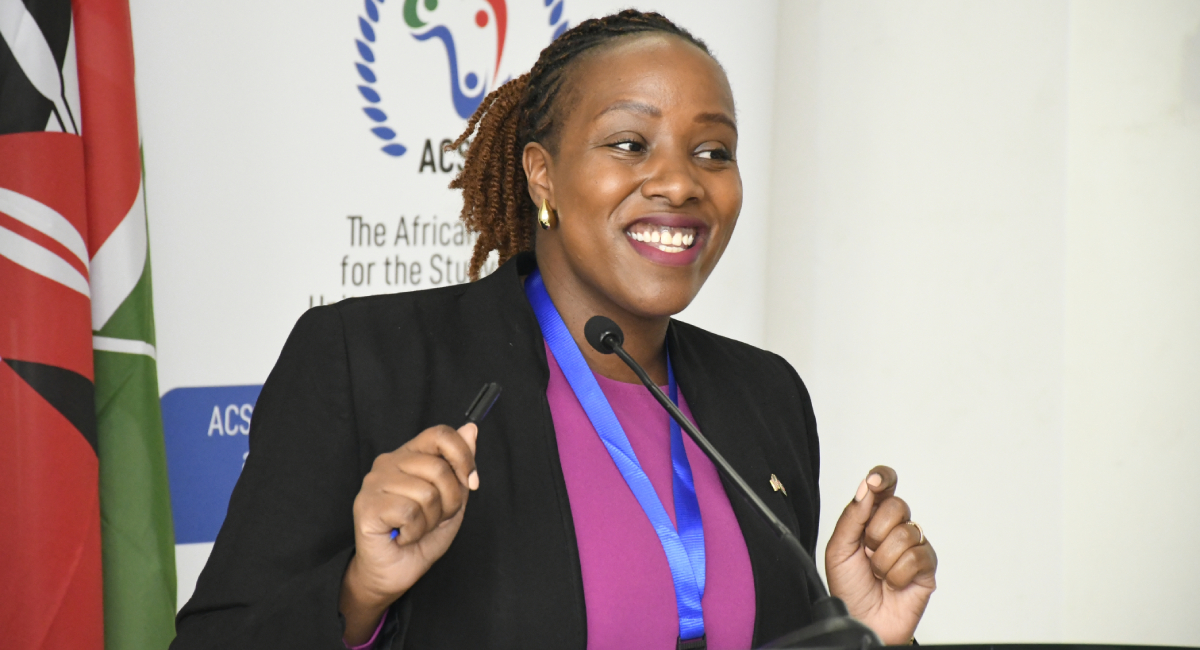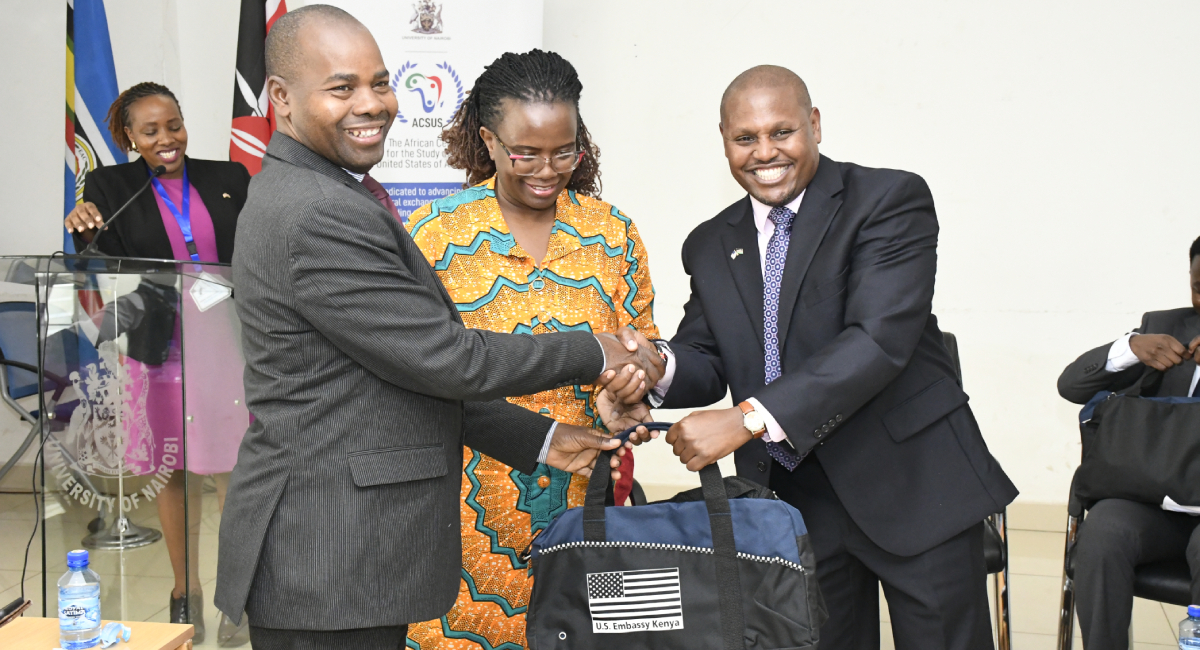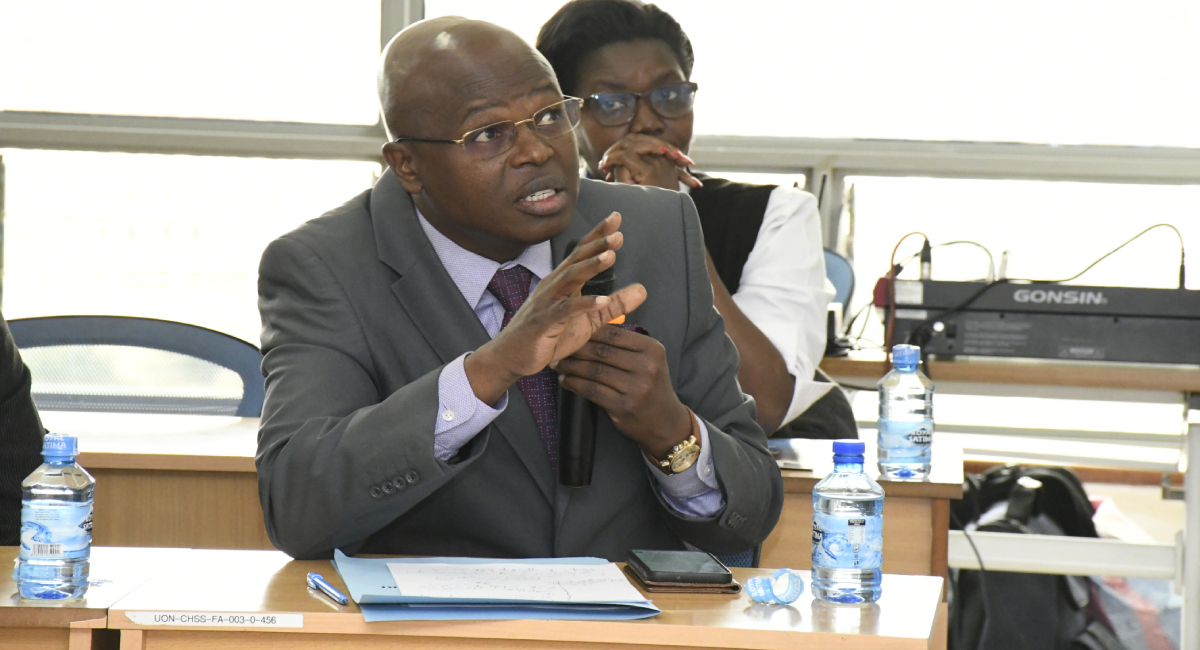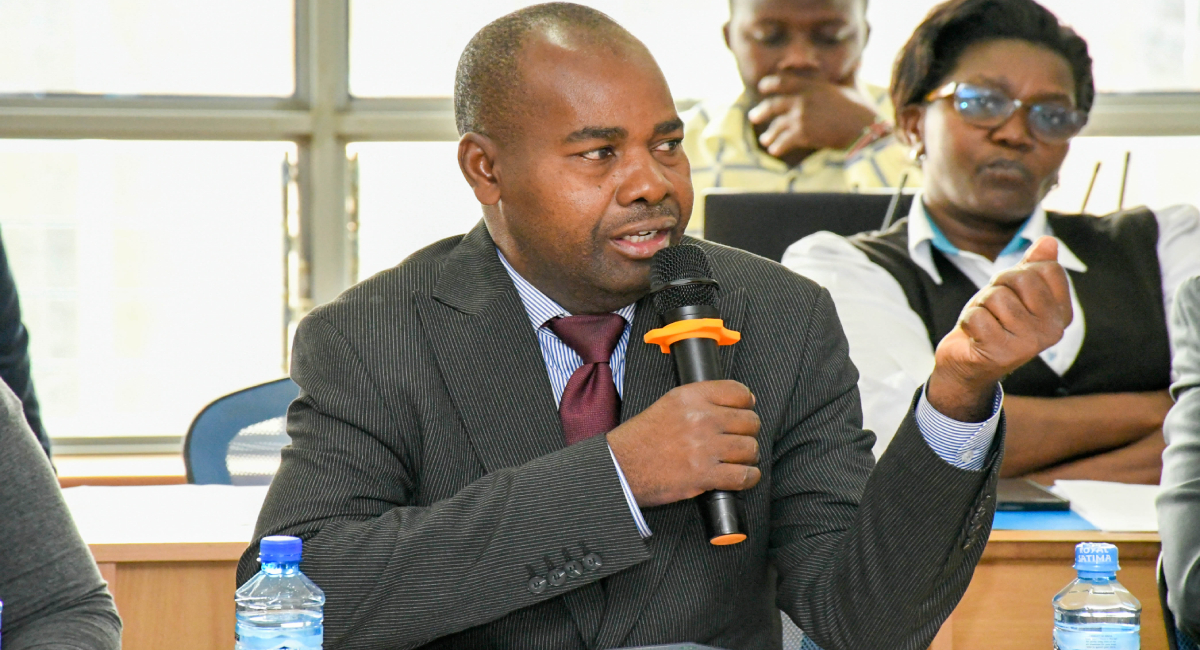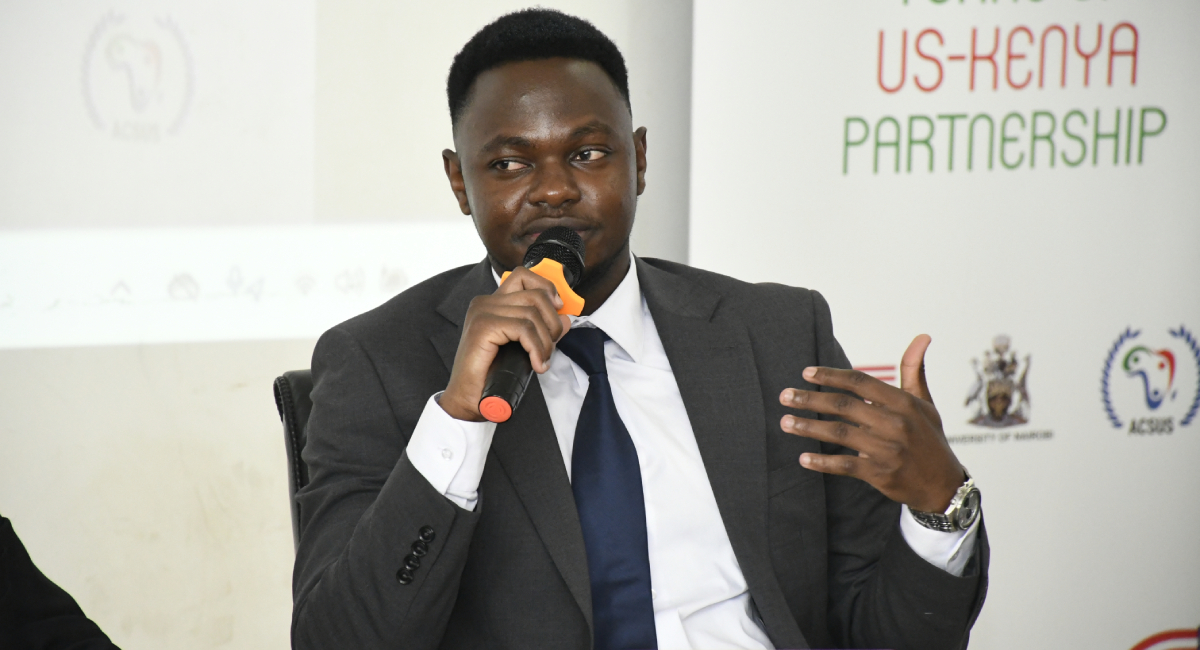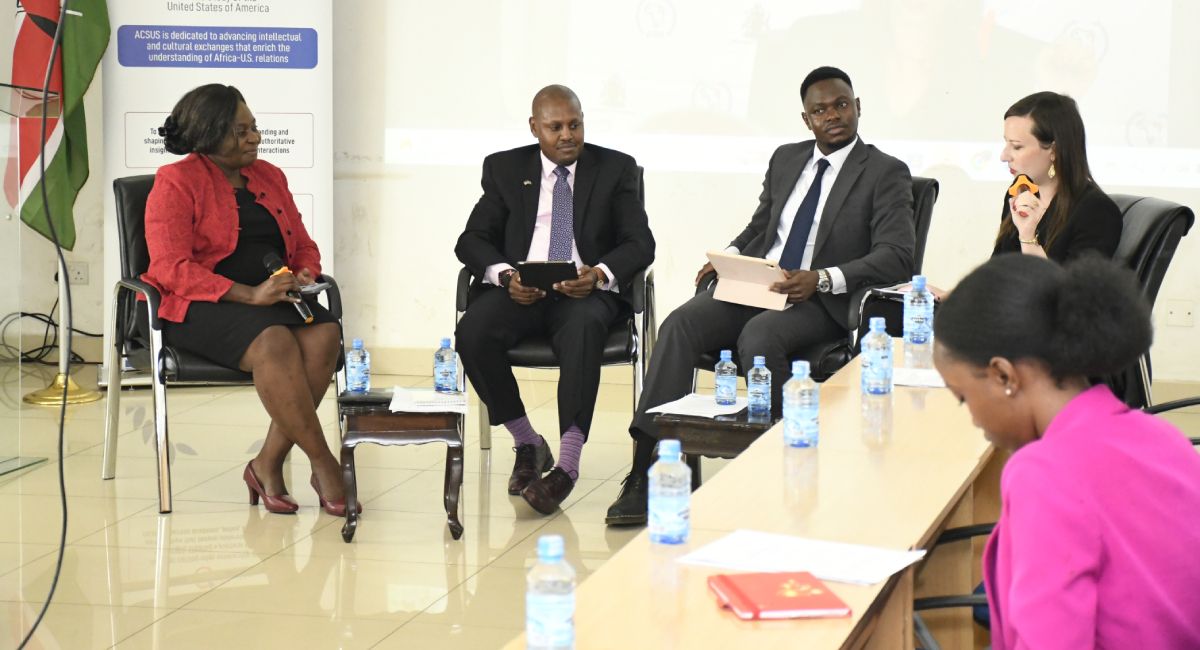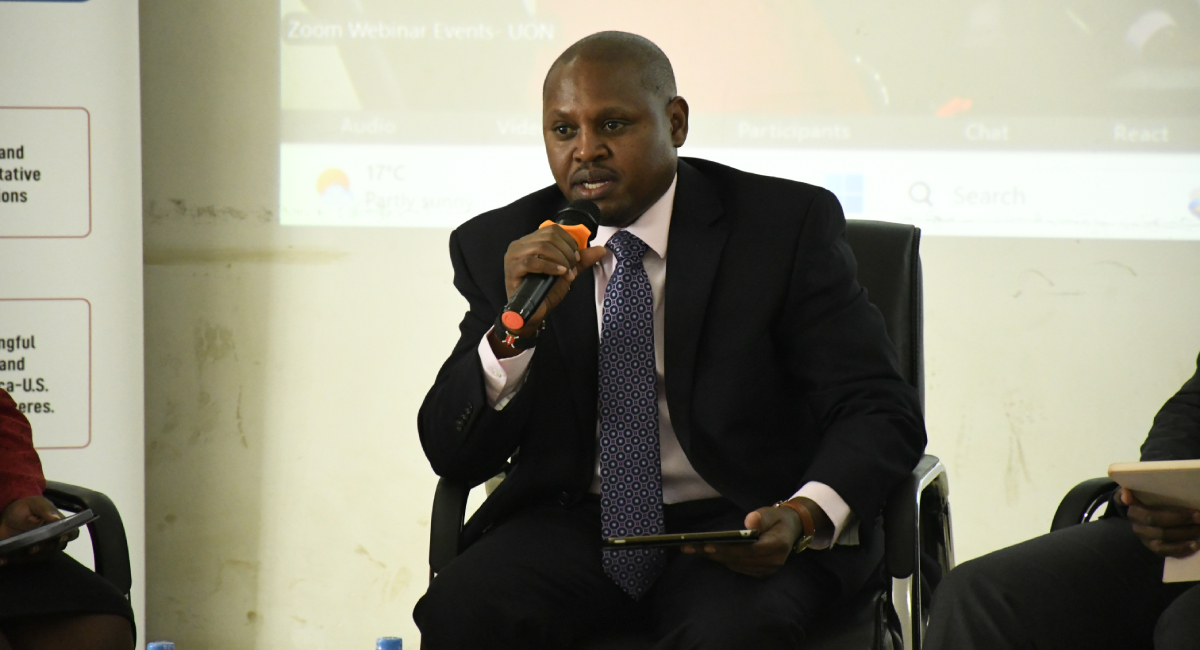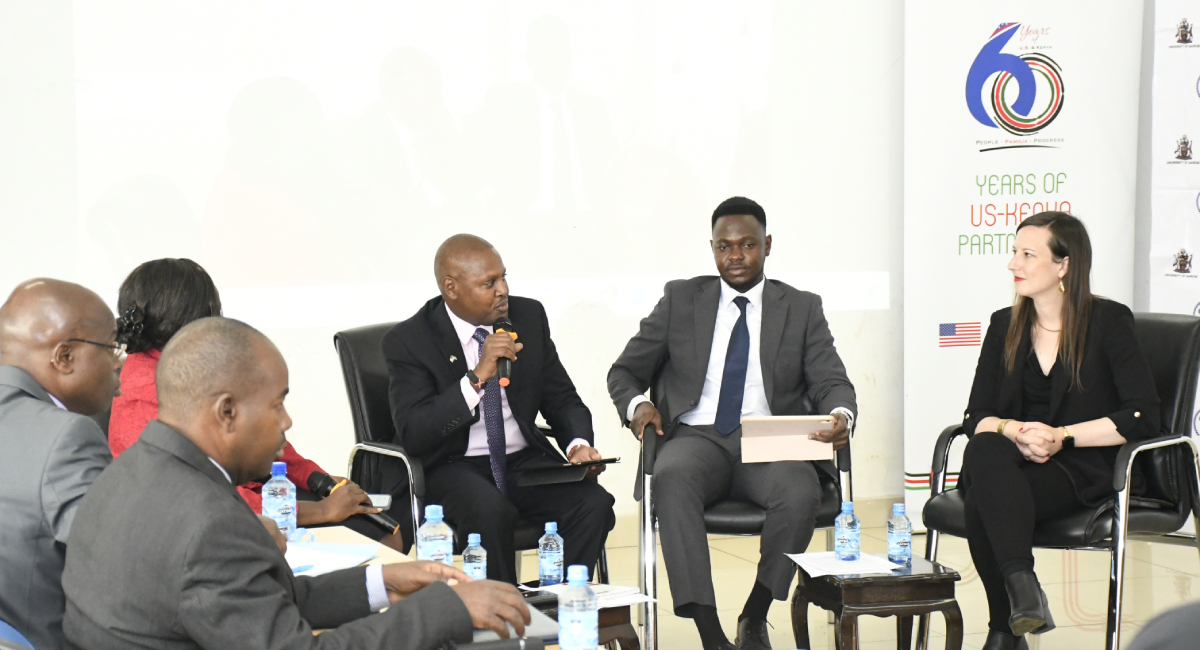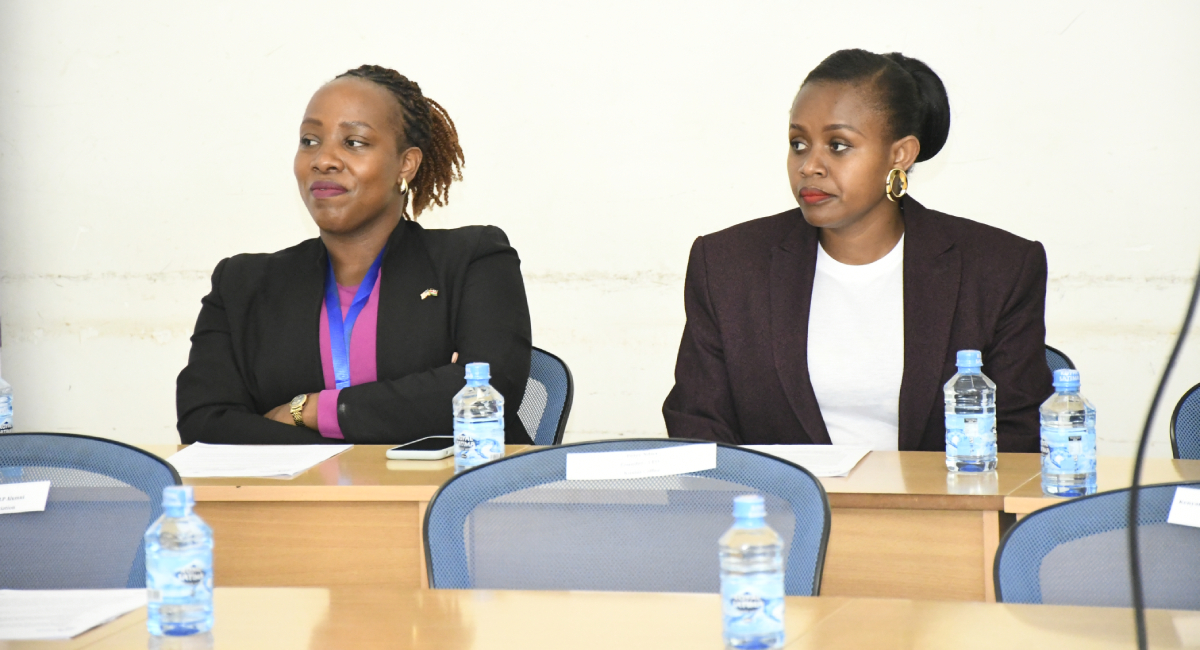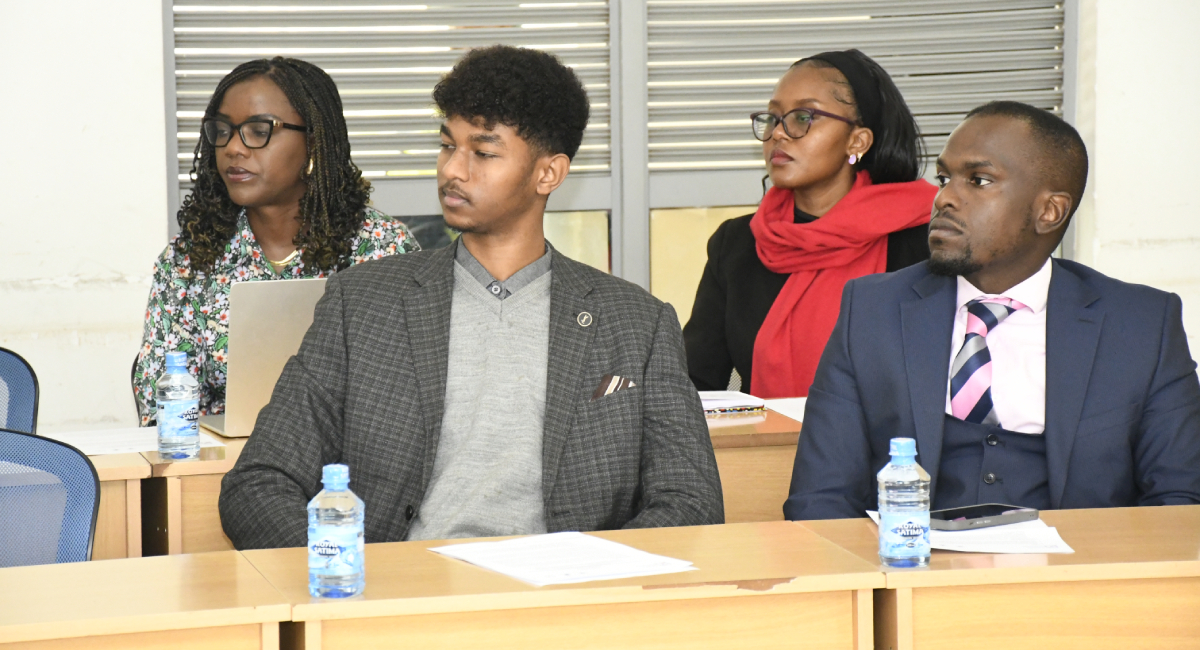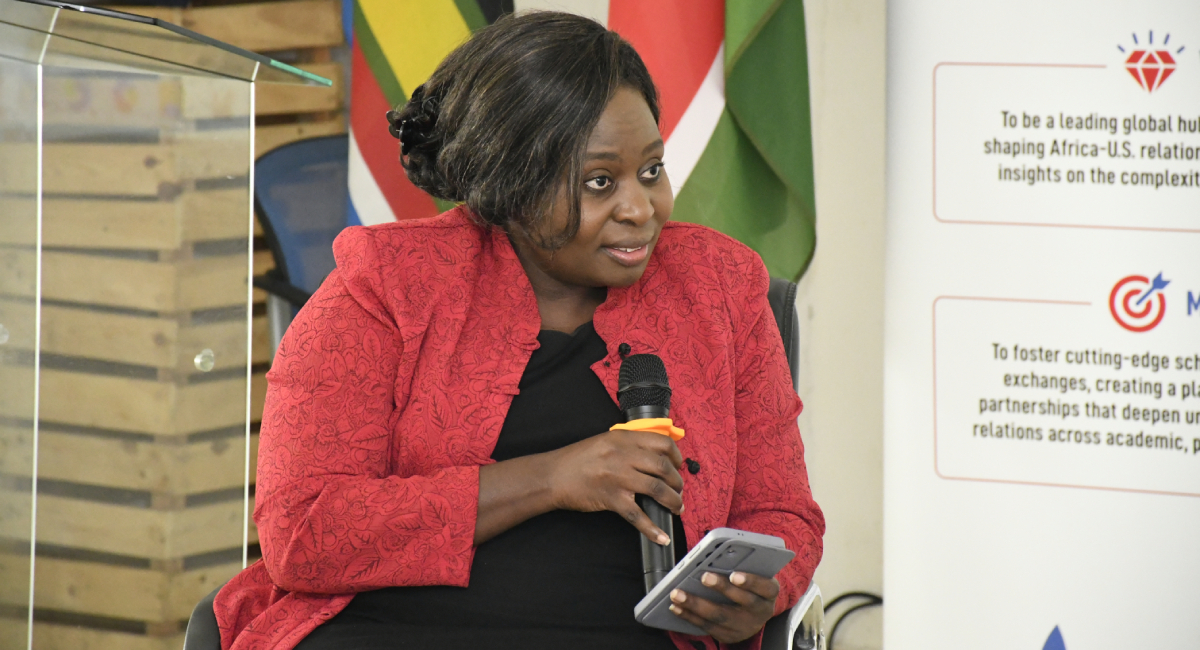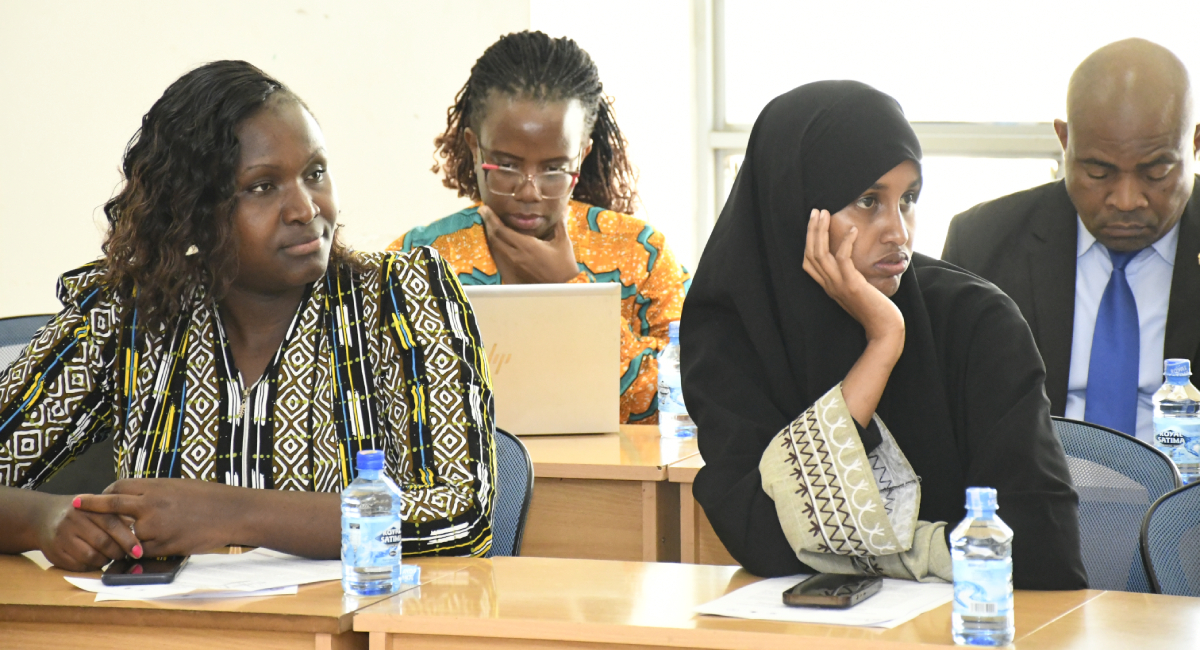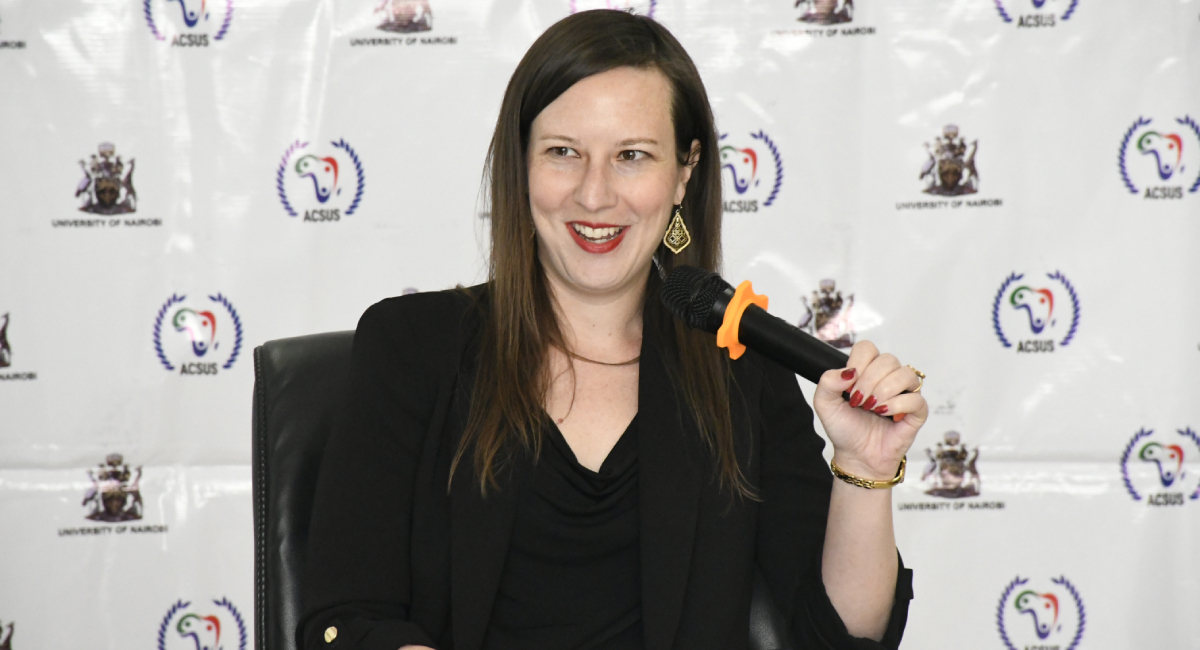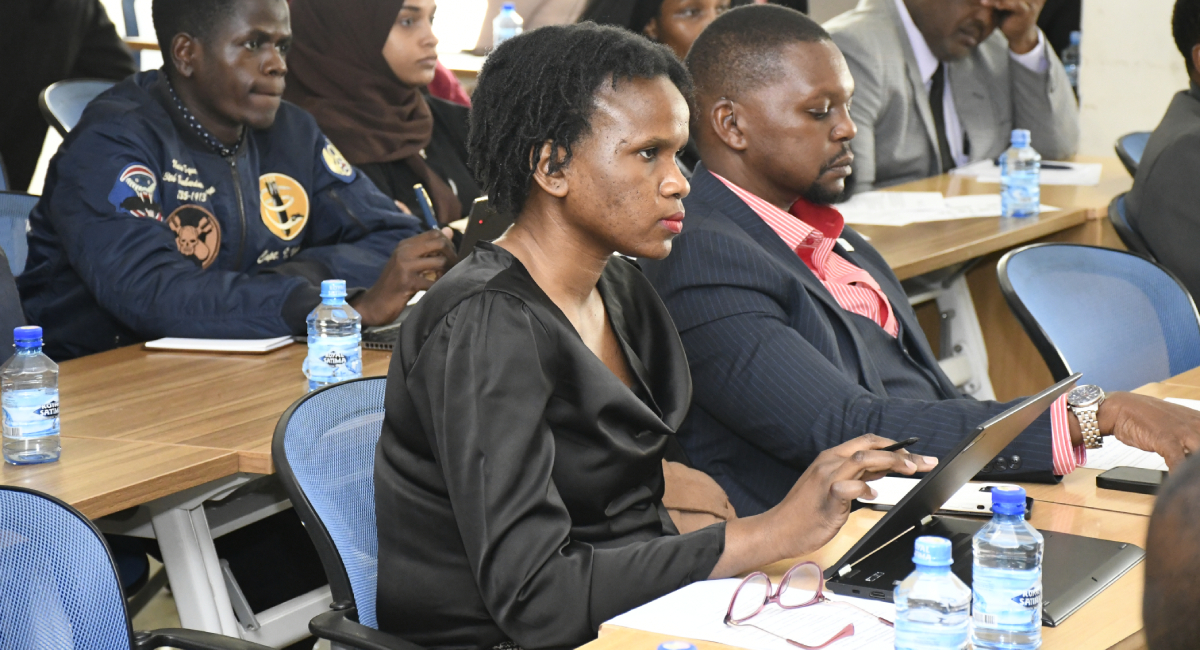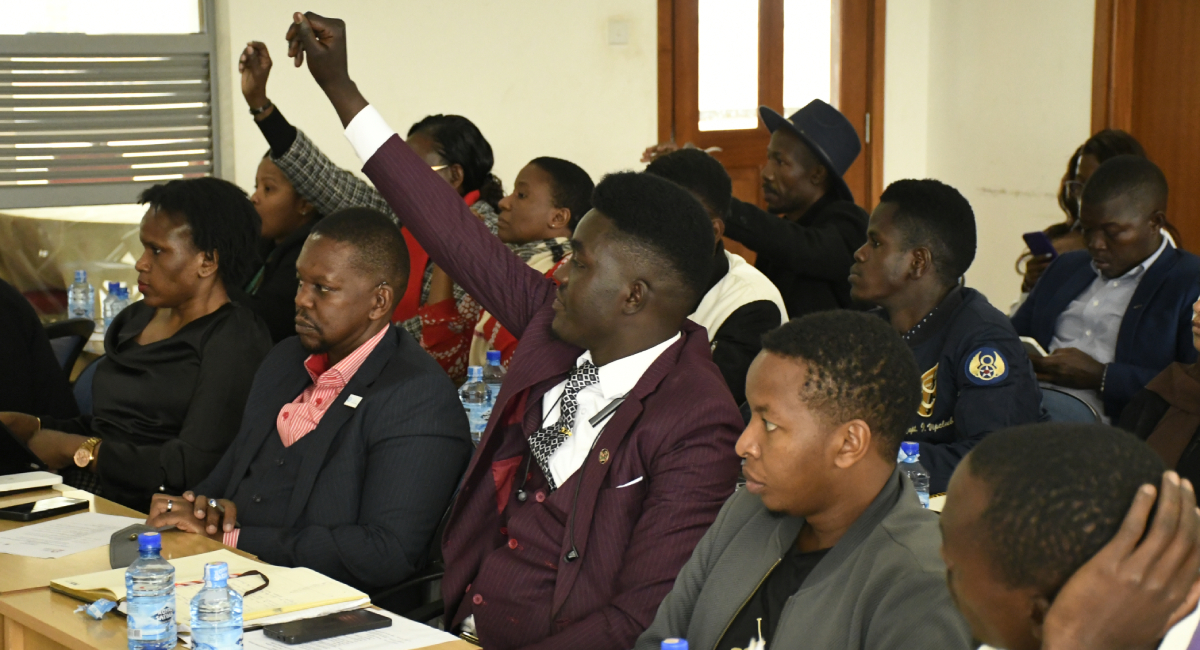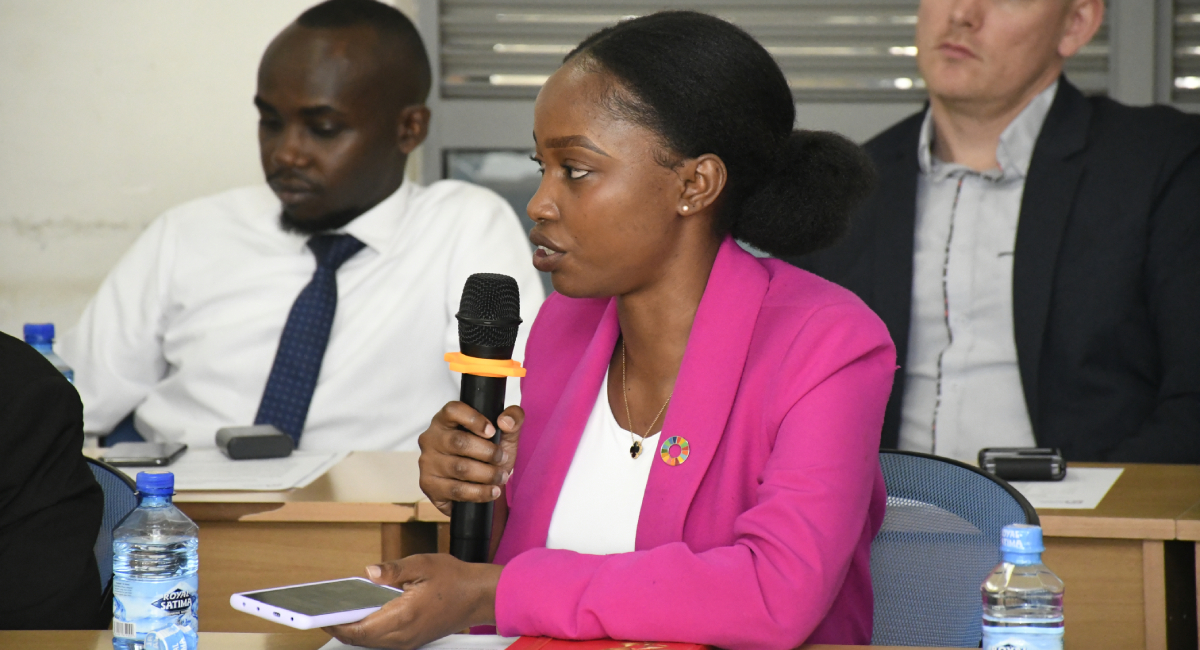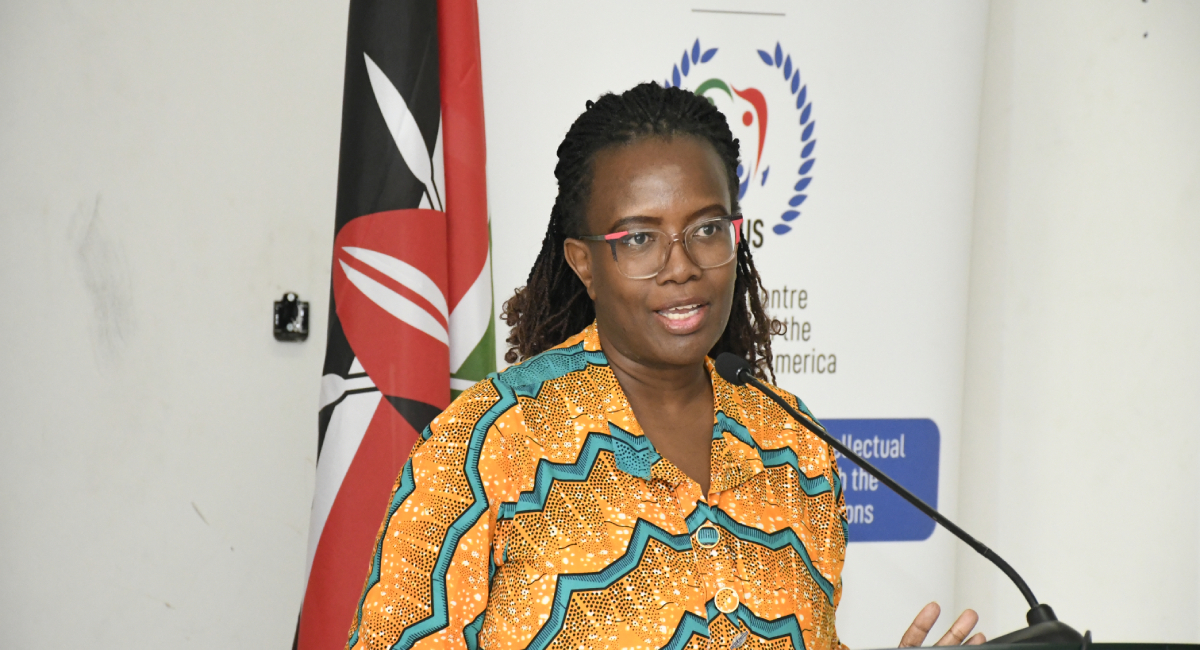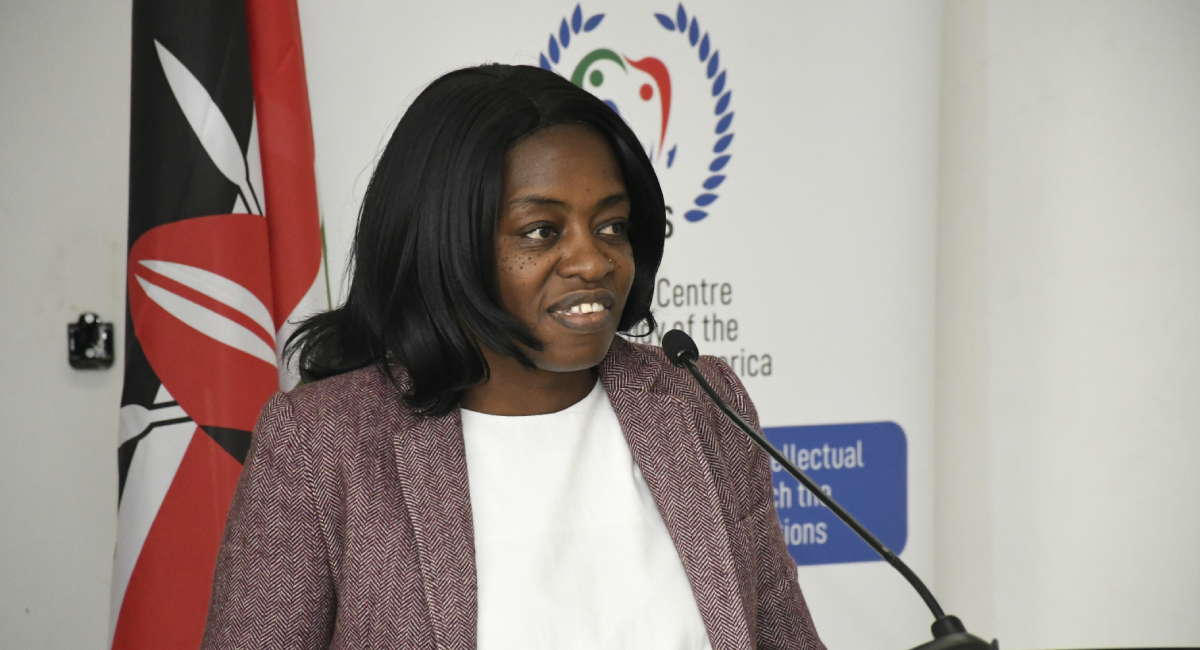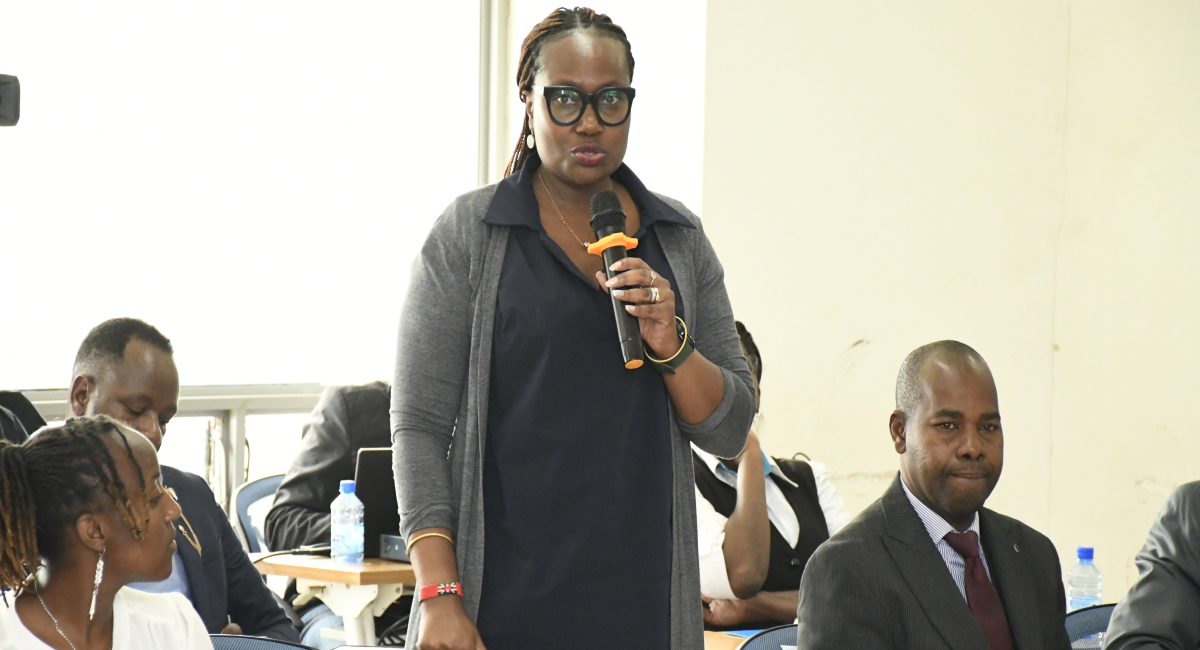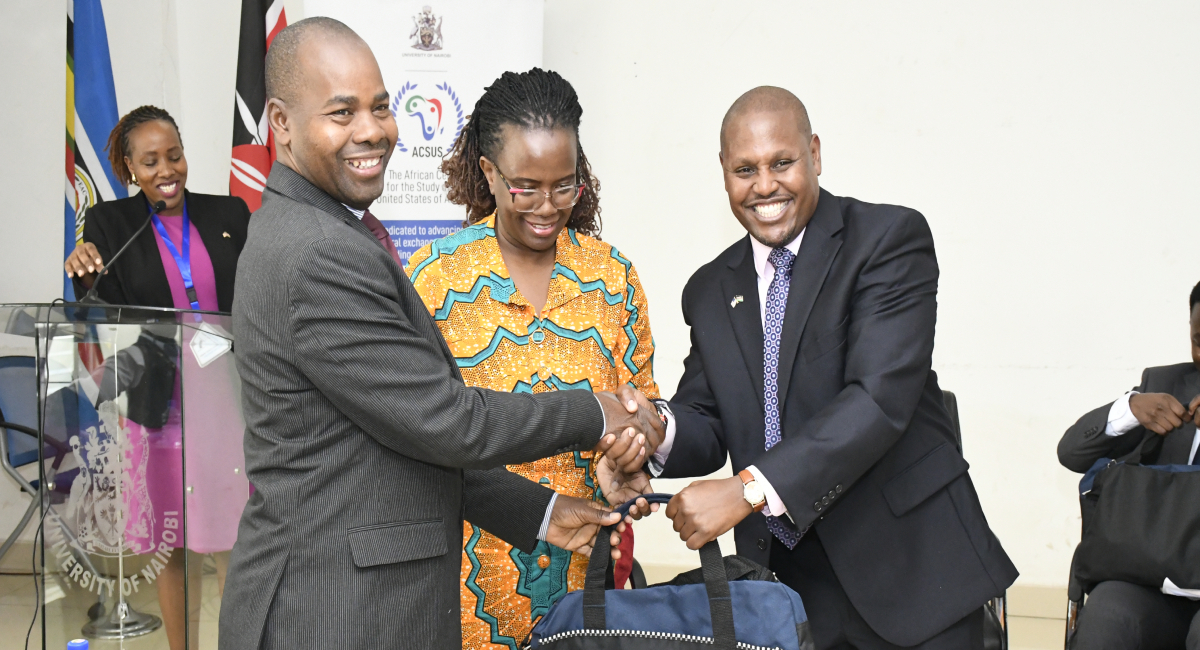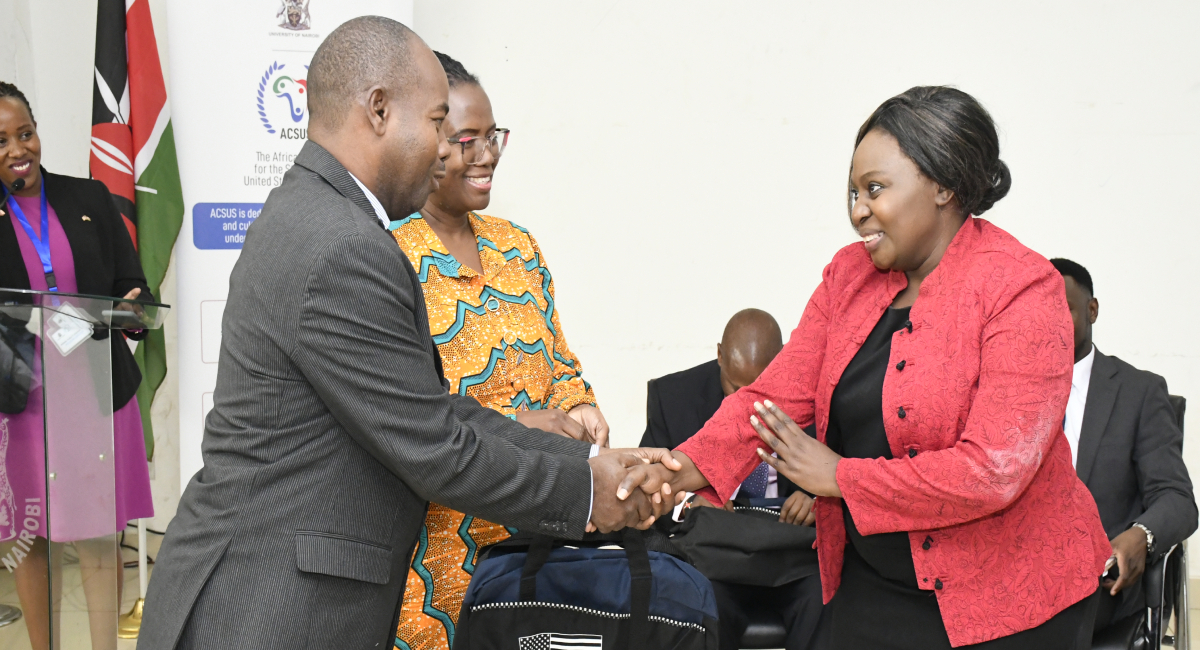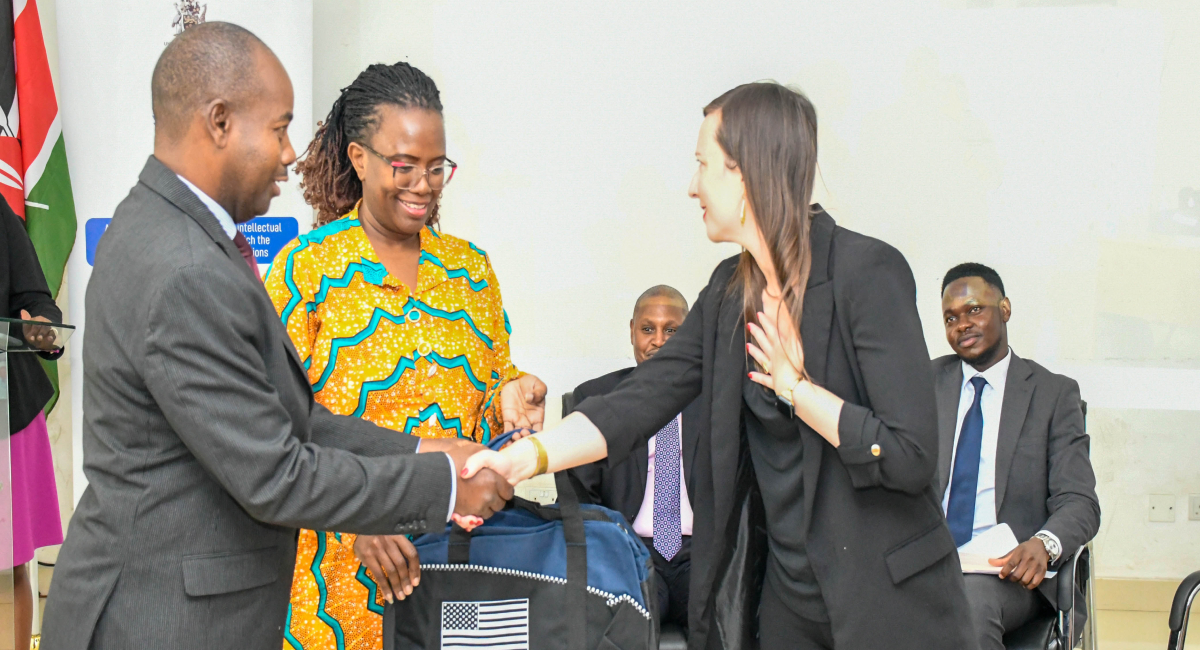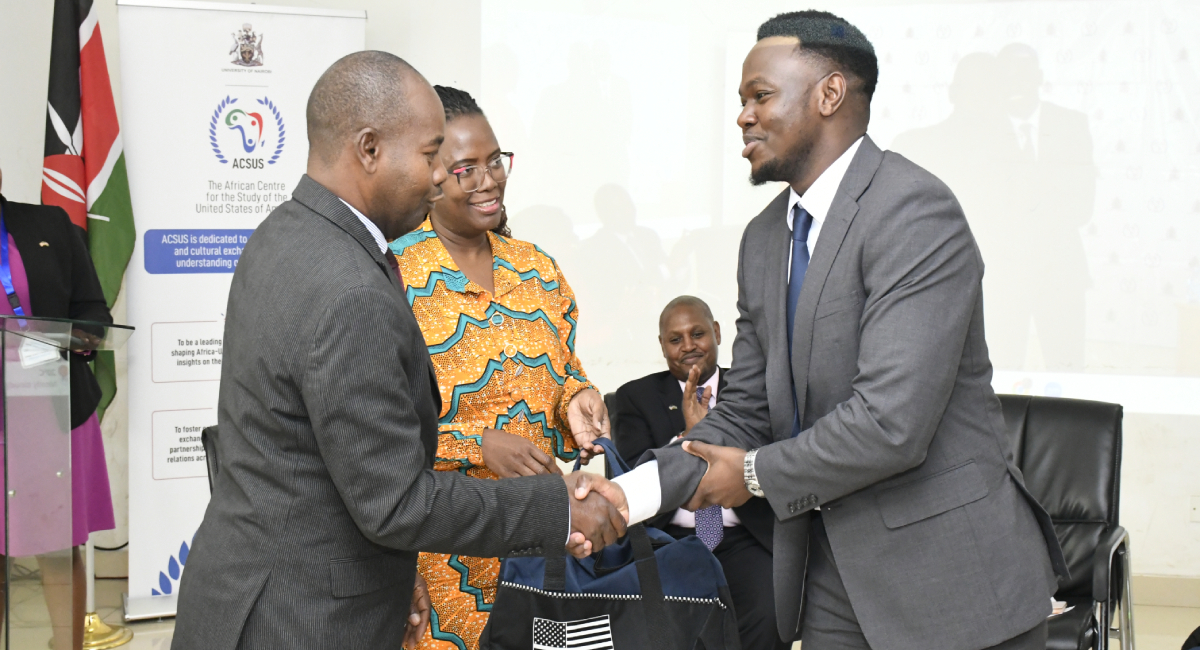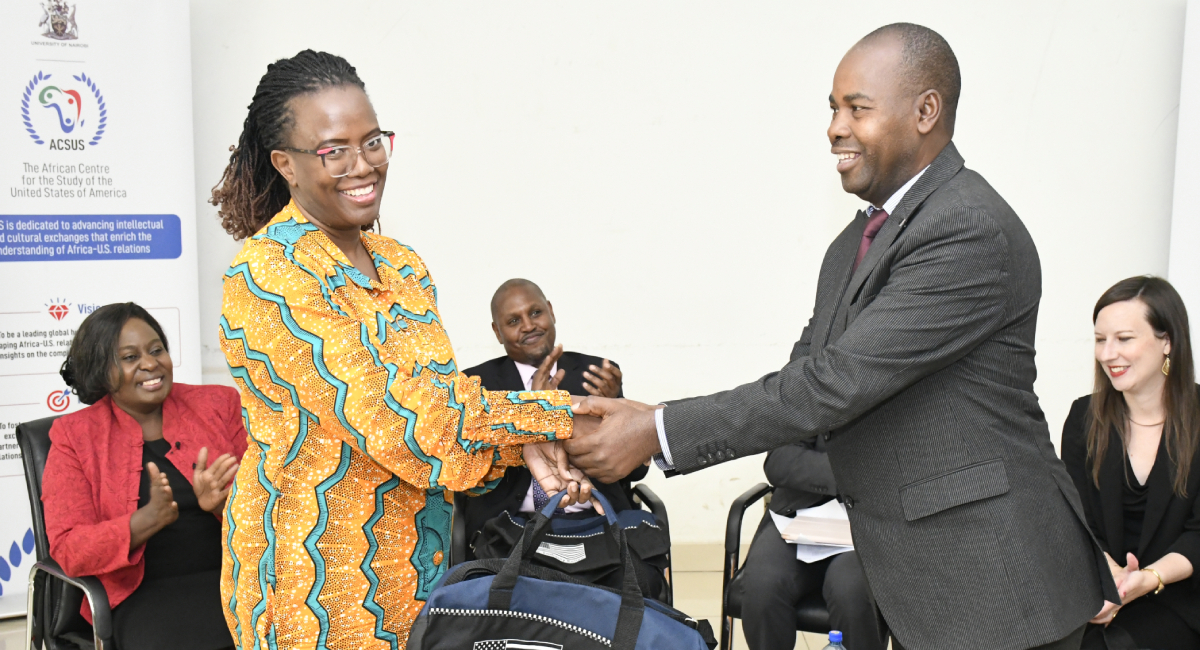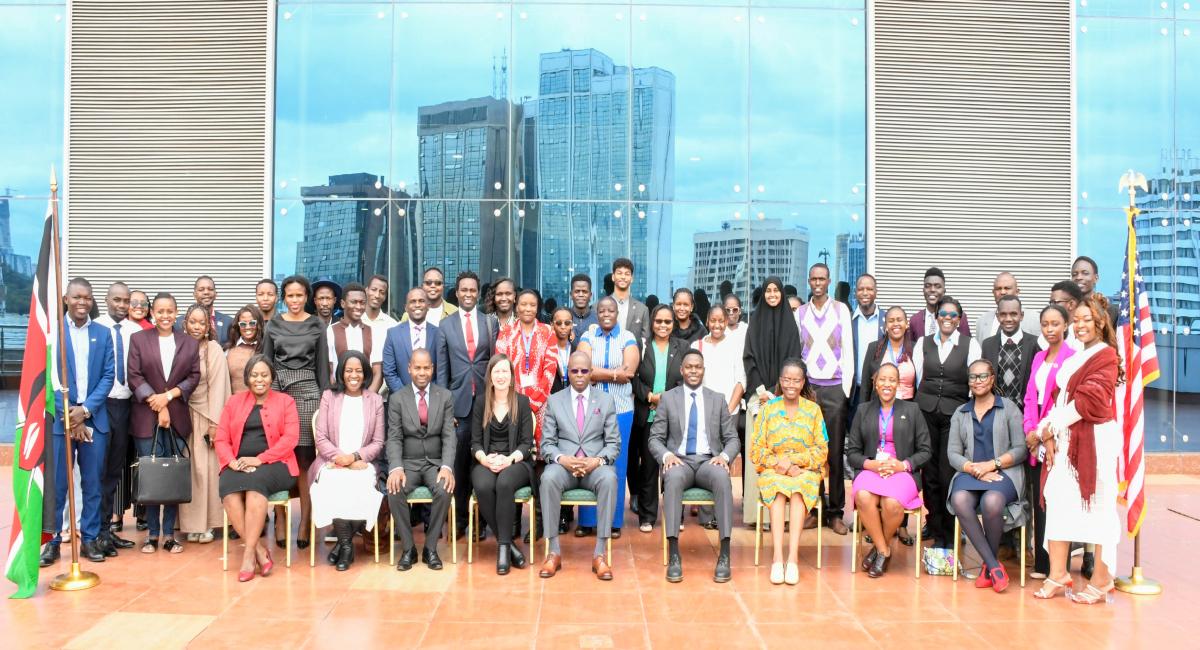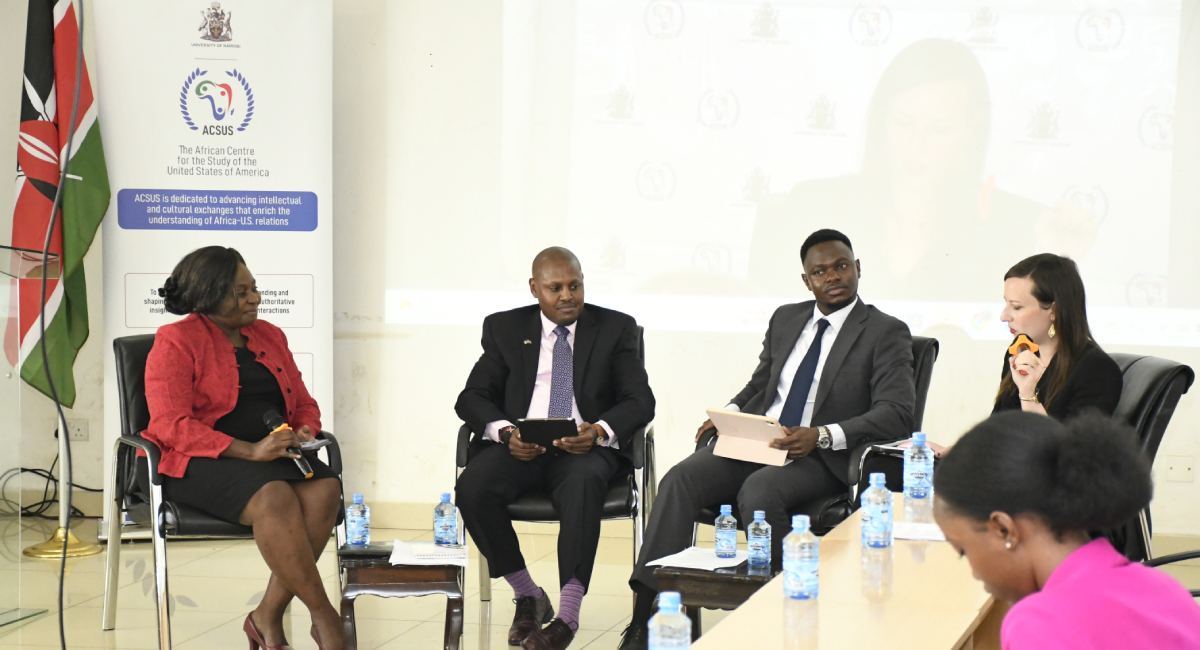In commemoration of six decades of U.S.–Kenya diplomatic ties, the Africa Center for the Study of the United States (ACSUS) hosted a dynamic panel discussion exploring the enduring role of education and cultural exchange in shaping bilateral relations. The event, titled “Celebrating 60 Years of U.S.–Kenya Partnership in Education & Cultural Exchange: Sharing Knowledge for Lasting Impact,” convened a distinguished panel of scholars, alumni, students, and stakeholders to reflect on achievements, share personal journeys, and identify opportunities for deeper collaboration in the evolving global education landscape.
Context and Significance
Education and cultural exchange have been among the most transformative pillars of U.S.–Kenya cooperation. Over the past sixty years, more than 50,000 Kenyan students have studied in the United States through scholarships, academic partnerships, and flagship programs such as Fulbright, the Young African Leaders Initiative (YALI), and the Mandela Washington Fellowship. These exchanges have produced generations of leaders, innovators, and diplomats who continue to strengthen Kenya’s development trajectory and international outlook.
The event highlighted inspiring examples like Carey Okal Manwa, whose academic story illustrates the ripple effect of U.S.–Kenya academic partnerships on technological progress, civic engagement, and global problem-solving.
Key Discussions and Insights
The panel opened with reflections from representatives of the University of Nairobi, the U.S. Embassy, and the U.S.–Kenya Alumni Association, who emphasized the critical role of people-to-people connections in sustaining and expanding this legacy.
Lisa Maroni, a steward of EducationUSA programs for East and Central Africa, underscored the value of exchange in shaping open-minded, adaptable leaders. She shared memorable stories of Kenyan students whose determination and global outlook exemplify the transformative power of international education.
Amos Bungei, a Kenyan Fulbright Scholar and sustainability researcher, reflected on how educational exchanges create impartial diplomacy by bridging perspectives. He spoke on the growing importance of carbon markets, AI integration, and cross-border research to tackle global challenges collaboratively.
Peter Ndua, founder of Kusini Coffee and an early beneficiary of the historic Kennedy Airlift, shared his personal journey of studying, working, and innovating in the U.S., before returning to invest back home. He stressed the importance of mentorship, openness to diverse cultures, and using acquired knowledge to create economic opportunities in Kenya.
The panelists candidly explored the challenges faced by students pursuing studies abroad, including financial constraints, visa restrictions, and cultural adaptation. They called for innovative solutions such as hybrid learning models, improved alumni engagement, and policy frameworks that support reciprocal exchange and capacity building.
Key Takeaways and Recommendations
Participants highlighted the urgent need to:
- Strengthen alumni networks to sustain mentorship, collaboration, and investment ties.
- Promote flexible, innovative exchange programs that respond to emerging global trends such as digital education and sustainability transitions.
- Encourage institutions to share data and leverage digital tools to expand the reach and equity of learning opportunities.
- Position the Kenyan diaspora and alumni communities as ambassadors for attracting investment, building research partnerships, and championing Kenya’s reputation as a hub for innovation and education.
